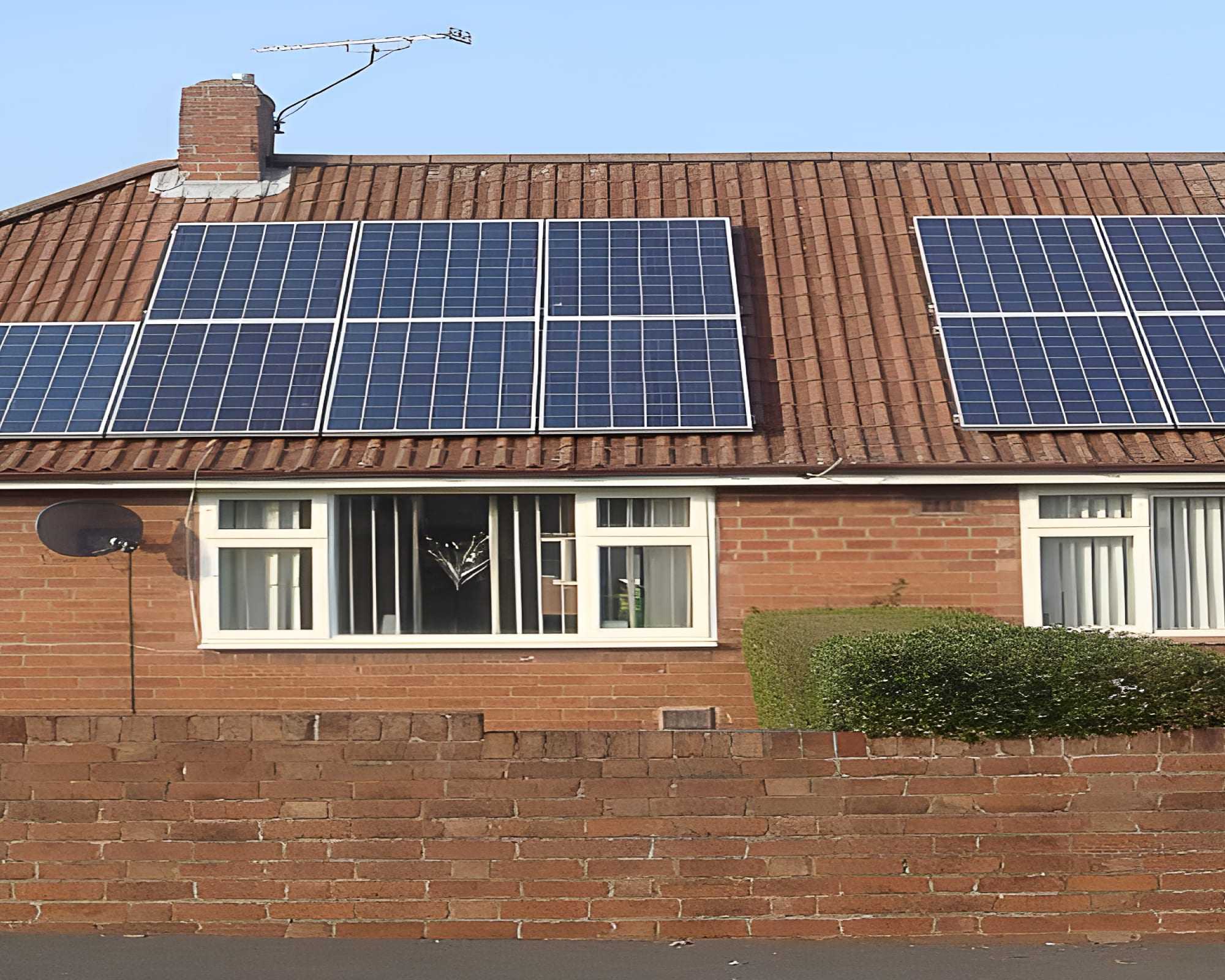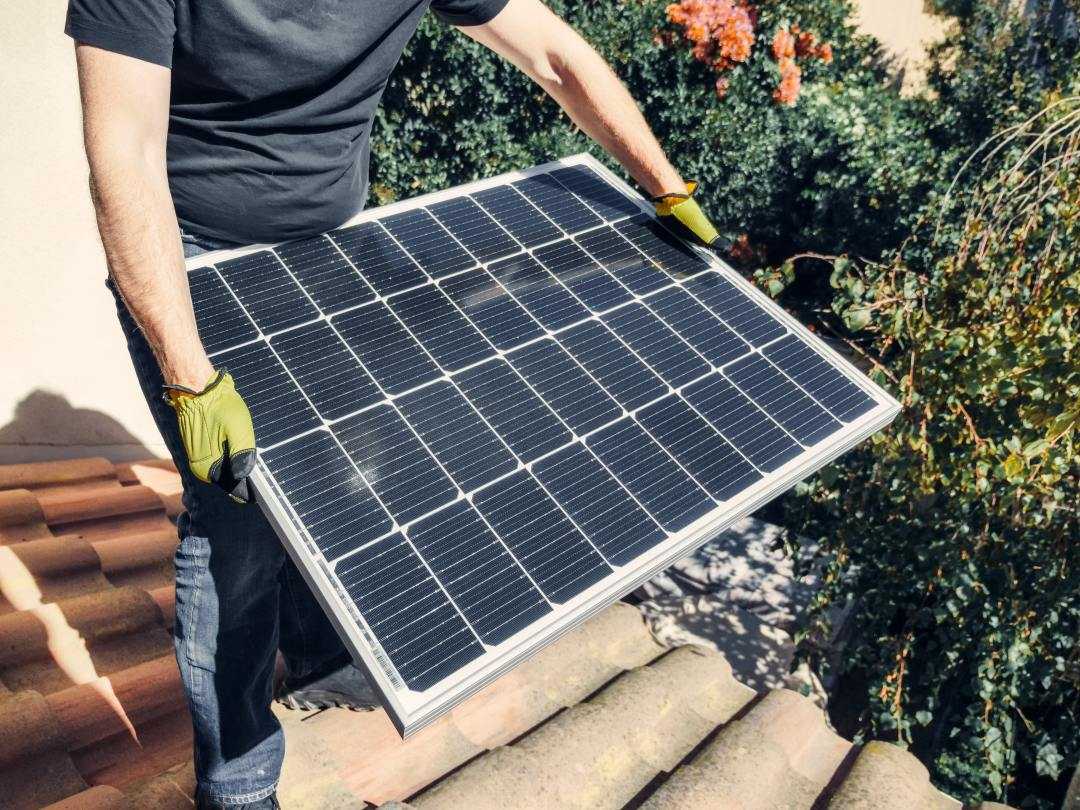
What Is a Biomass Boiler and Is It Suitable for My Property?
When looking for lower carbon heating options, a biomass boiler is a renewable energy source that can be installed in many homes. This boiler type is also considered a more affordable heating solution, especially with ongoing energy hikes.
Yet, biomass boilers remain a little overshadowed by the popularity and surge of air source heat pumps and ground source heat pumps. So, here the Energy Efficiency team at City Plumbing provides some insight into these boiler types to help you decide whether they’re the best fit for your home.
What Is a Biomass Boiler?
A biomass boiler looks very similar to many conventional boilers with the end result the same - to provide hot water and space heating for the property. However, biomass boilers differ from conventional boilers when it comes to the matter that they burn. A biomass boiler burns natural fuel sources, as opposed to conventional boilers that burn fossil fuels.
Where Is Biomass Energy Generated From?
Plants, wood, or even other organic matter like household food and manure, can fuel a biomass boiler and effectively heat both the property and the water.
But, the majority of people will use wood in the form of chips, logs, and pellets in this boiler choice. Chips and logs tend to be favoured where there is a plentiful supply of wood onsite although this can be labour intensive. Pellets are the typical choice and these can be purchased either in bags for hand feeding or as a bulk delivery into a storage hopper.
Is a Biomass Boiler Suitable for My Property?
Biomass boilers tend to be favoured in rural settings and can be an easy alternative to oil or solid fuel appliances in properties that are harder to heat and lack modern insulation.
These boiler types are larger due to the requirement to accommodate a larger volume of fuel. This is purely because rather than burning gas, they burn matter. Also, many people like the process of adding an automatic feeder into this boiler type so they don't have to keep manually refilling it.
Yet, as this boiler will need to accommodate more matter, this feeder will also require adequate space. So, this will need to be accounted for when contemplating installing one of these in your property.
Also, a biomass boiler requires access to a flue. This will need to meet the regulations required for wood-bringing appliances. If you intend to use an existing chimney for this boiler, it will need lining to ensure safety. Otherwise, biomass boilers can be fitted to stainless steel flue pipes.
Additionally, biomass boilers don't tend to require planning permission - but it’s still advisable to check this beforehand regarding your property.
Is There Any Financial Help for Installing A Biomass Boiler?
Depending on the chosen system and size of the property, biomass boilers can be expensive to install although existing radiators can generally be utilised.
However, the UK government’s boiler upgrade scheme (BUS) includes biomass boilers in rural areas. This means eligible properties can apply for a grant of up to £5,000 towards the cost and installation of this boiler type.
What Are the Advantages and Disadvantages of a Biomass Boiler?
To sum up, there are pros and cons to this boiler type that are worth considering before opting for a biomass choice:
Advantages:
Biomass fuel is a renewable fuel, which means you’re helping to create a greener home and environment.
Chips, pellets, and logs needed to fuel a biomass boiler are typically cheaper than fossil fuels and easy to come by. Some people may even be able to source logs for this boiler for nothing! Therefore, the costs of running this boiler type can be favourable.
Biomass boilers are designed to operate all year round. Yet, you can also choose to turn them off during the summer months if you prefer.
Biomass boilers can be coupled with solar heating, further saving you money as you can rely on solar for hot water during the summer months.
The BUS (Boiler Upgrade Scheme) covers biomass boilers in rural areas, with up to £5,000 off the cost and installation.
Disadvantages:
Some homes may not have the space or capacity to hold a biomass boiler, due to its larger structure.
A biomass boiler will need emptying, although with premium models this may only be 2-3 times per year. Yet, you can use this waste to top up a compost heap, helping fertilise the soil.
This boiler type will also need loading regularly, ensuring it continues to provide the required energy.
For those that aren't able to access wood supplies, pellet deliveries must be scheduled, these can be in bulk or as a pallet of bags.
If you’re considering a biomass boiler for your property, get in touch with the Energy Efficiency team at City Plumbing. Experts in renewable technology, we’re perfectly placed to advise you on the best solutions of low-carbon technologies to help you create a greener and more energy-efficient home.



